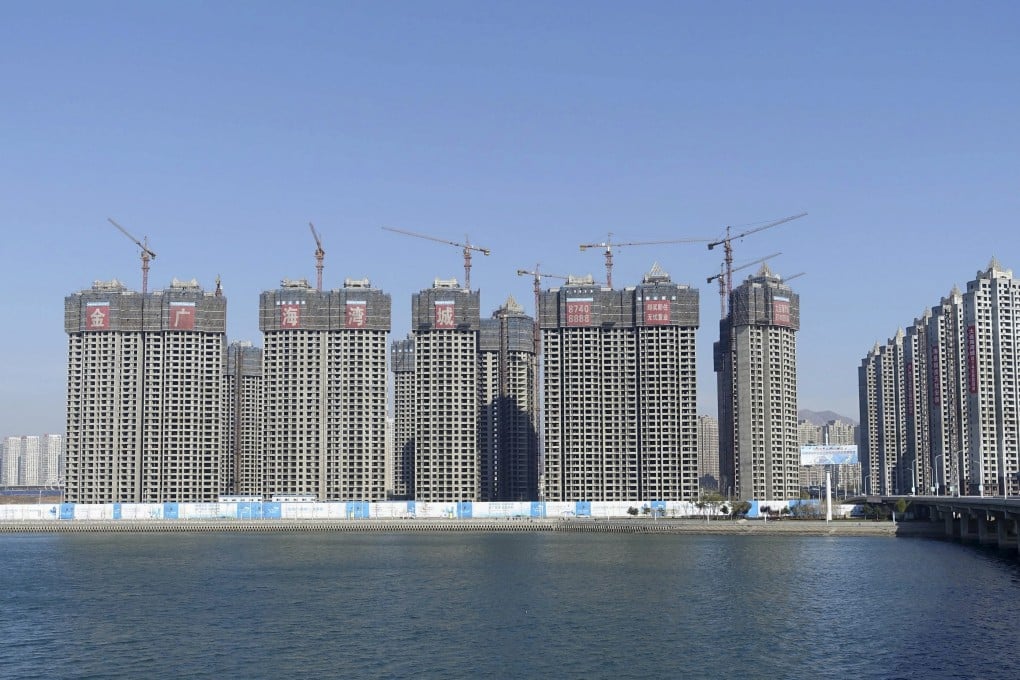China’s Politburo for the first time decides against relaxing property curbs to stimulate slowing economy
- The government shifts away from its decades old playbook of using the property sector to prop up growth
- Builders feeling the pinch, with sources saying that R&F Properties and KWG Group have stopped acquiring land

The Communist Party’s Politburo, which met on Tuesday to lay out economic policies for the second half, warned against “using property as a tool to stimulate the economy in the short-run”, the first such statement in history.
“We should adhere to the principle that housing is used for living, not for speculation, implement the long-term mechanism for real estate, and not use property as a short-term means of stimulating the economy,” the Politburo said in a statement released after the meeting.
The Hang Seng Mainland Properties Index declined 2.1 per cent at the close of trading on Wednesday, along with most developers in Hong Kong and mainland bourses. China Vanke was the biggest loser, shedding as much as 3.6 per cent, before closing 2.2 per cent lower.
Analysts said the hawkish stance echoed earlier moves to tighten developers’ funding, calling off cities’ tentative loosening and upgrading curbs in cities including Kaifeng, Suzhou and Dalian, which together were meant to deter other city governments from implementing easing measures.